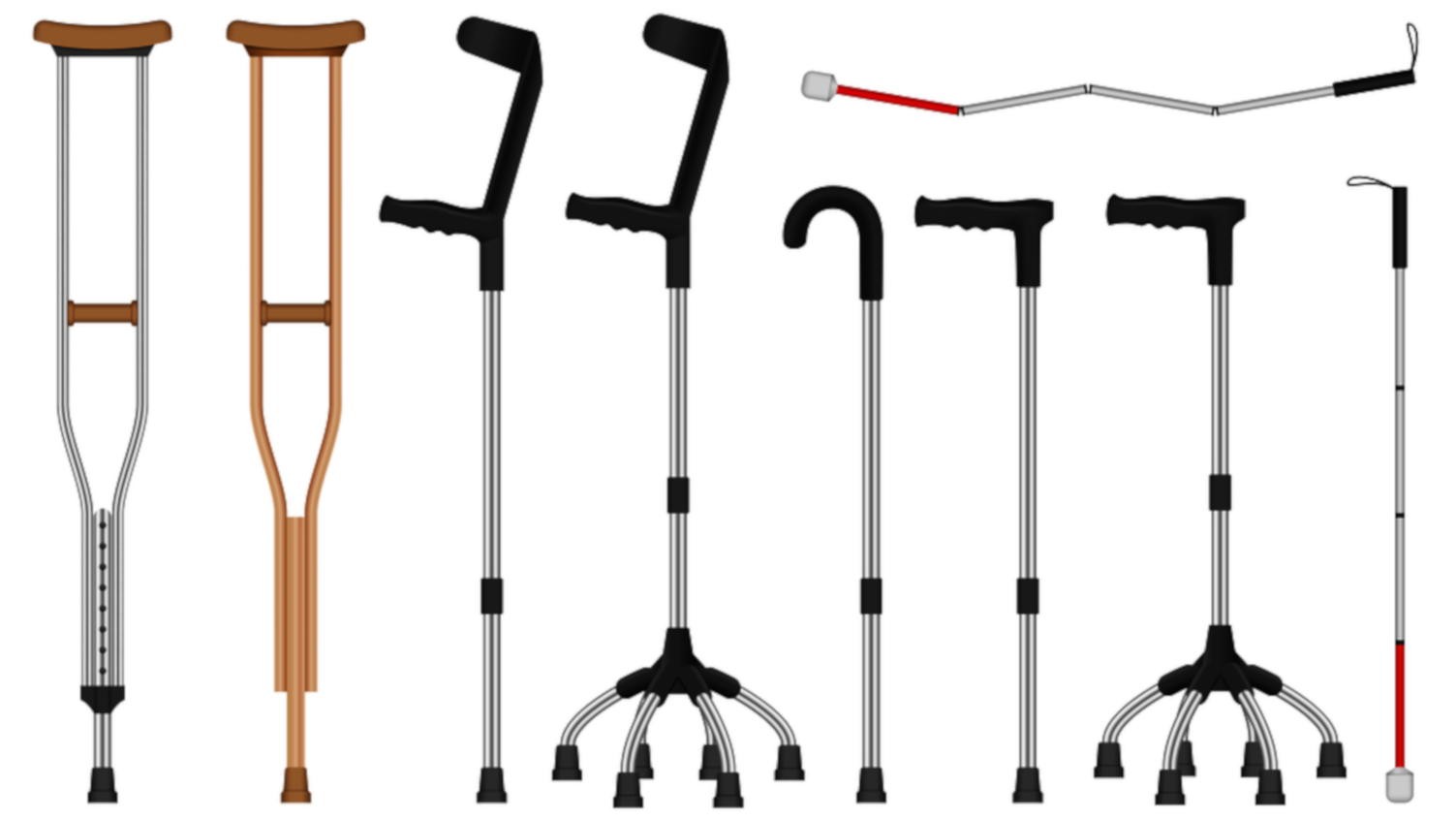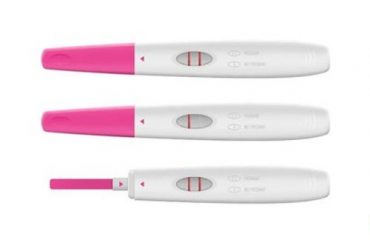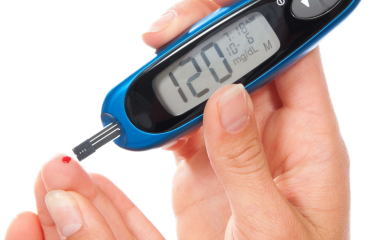Choosing walking aids for the elderly
Surprisingly it is the walking aids like walkers, walking sticks or canes chosen inappropriately that cause the majority of accidents among the elderly. While we are quick to associate clumsiness and the balance issues of old age to these falls and slips, it is not always the case. The reason could be because the walking sticks used are not of the correct height or because these are not used in the right manner. It is crucial to get a suitable device and use it correctly or else instead of helping the device can hinder movements and put the safety of seniors at stake.
The top factor to consider before buying a walking aid is definitely safety. Using walking aids without proper training will only increase the risk of falling. Seniors should be given adequate training to use a walker or cane safely, like proper gait patterns and ways to avoid falls. The training should also cover tricky maneuvers like opening and closing doors with the aid that they are using. The elderly ones’ specific needs, their general lifestyle and their home environment will need to be thoroughly assessed as well before buying any walking aid. Teaching the elderly and expecting them to remember how to properly use the walking aid can be challenging so family support in this matter is necessary.
A doctor will need to be consulted to find the cause of losing balance or dragging the feet so the necessary treatment can be started. A physiotherapist can also advice on mobility issues by doing an assessment about gait, balance and strength. Based on these findings the most suitable walking aid that is safe and comfortable to use can be selected. This ensures that the walking stick or walker is of the correct height and weight for specific physical condition. They can also suggest the right footwear, exercise and the proper technique of using the walking aids.
Different physical disabilities will require the use of varied walking aids that can come with different useful features. From the range of walking aids available like walking sticks, walkers, crutches, choose one that is most suitable so accidents and falls can be avoided. Walking aids will also need to be kept in good condition with the rubber tips at the bottom of the stick replaced if they are worn and the these should not be used on wet areas.
A walking stick or cane is the best option in order to relieve pressure on sore knees, hips, ankles and feet, and also to improve balance. As the arms has to support the body’s weight when using a walking stick, there has to be enough strength in them. The important things to consider when choosing a walking stick are the height of the stick and the handle type and grip. Tripods or quadruped walking sticks can also be opted for more support and stability than standard walking sticks though these are heavier.
Walkers are more suitable for those with poor balance and weak legs and can be used during rehabilitation after prolonged illness. As it prevents natural walking pattern walkers may not be suitable for those who get tired quickly or those with Parkinson’s disease. Crutches are not suitable walking aids for elderly as it requires good strength and coordination to use them properly.
For enquiries and booking orders, call 9400630000, Whatsapp – 9447771361 or send an
email to MediTvm@gmail.com
Visit www.Medihouse.org for more details




